TL;DR
- Pay discussions are now more open, with employees expecting clear explanations of how decisions are made and justified internally.
- Skills are increasingly determining compensation, making proficiency tracking and relevant capability growth essential for fair and strategic salary planning.
- Personalised benefits packages are becoming popular, allowing employees to choose options that align with their individual priorities and circumstances.
- AI-driven analysis is supporting reward planning by predicting outcomes, improving accuracy, and enabling proactive adjustments to salary structures.
- TeamLease offers comprehensive workforce solutions that cover staffing, payroll, technology selection, advisory services, and learning programmes for diverse business needs.
Introduction
You’ve probably had to answer more questions about pay this year than you did in the last five combined. Employees want details, not just numbers. Boards want proof, not just promises. You’re expected to create a system that holds up under scrutiny.
In this blog, we’ll explore what’s changing in compensation, why it matters for your role, and how you can stay ahead of it.
Pay Transparency Is No Longer Optional
Employees expect clarity about how pay decisions are made, who decides them, and how fairness is ensured across the board. If your salary bands are hidden, people will make educated guesses. When they guess, they assume bias. This creates tension that affects morale and performance.
You are expected to have clear communication around pay ranges, bonus criteria, and equity policies. Silence is no longer a neutral position.
The pressure to be transparent comes from multiple directions:
- Candidates ask questions upfront during hiring and walk away when they don’t get answers.
- Employees compare pay internally and demand answers if they sense inconsistencies.
- Investors and board members push for gender and pay equity disclosures.
Transparent systems reduce guesswork and improve trust. But clarity must come with structure and intent to avoid chaos and confusion.
With transparency setting the stage, let’s look at how compensation is evolving to better reflect the skills employees bring to the table.
Skills-Based Pay Over Job Titles
Traditional job descriptions don’t fully capture what your teams bring to the table. Skills are what get things done, not titles. Compensation models are shifting toward recognising what people can do, rather than what’s written in their official job grade.
You’re expected to know who brings which skills and how those skills relate to measurable outcomes. That’s what drives smarter pay decisions.
Organisations are building systems that:
- Track skill development across roles and functions using structured assessment frameworks.
- Match pay bands to proficiency levels rather than just role levels.
- Link salary growth to learning new, business-relevant skills.
This model lets you reward people for growing into the business, not just climbing the ladder. It’s fair and practical.
As we move from titles to skills, it’s crucial to also consider how employees are demanding more tailored compensation experiences.
Personalised Compensation Structures

You’re not just managing salary. You’re expected to meet individual expectations across benefits, perks, and flexibility, all at the same time. People want to choose benefits that matter to them. A fixed package doesn’t fit a workforce with diverse needs and life stages.
Organisations are moving toward modular systems that allow:
- Build-your-own benefits plans, such as health, parental, and mental wellness options.
- Customisable perks, including pet insurance, learning allowances, or leave banks.
- Flexible bonus options, where employees can pick cash, equity, or time off.
The tech behind this shift allows real-time adjustments, often through HR platforms that provide a consumer-like experience for employees. This model gives people ownership over their total rewards, which improves satisfaction and reduces noise during appraisals.
Let’s move next to how organisations are rethinking the way they structure variable pay.
Variable Pay Gets Smarter
Variable pay used to be about annual bonuses and blanket performance ratings. That’s no longer seen as enough or fair. Your variable pay strategy now needs to link rewards to measurable performance while staying responsive to shifting priorities.
Organisations are improving variable pay design by:
- Using short-cycle goals, like quarterly targets, to keep focus aligned with business changes.
- Applying AI tools to assess contribution across projects, reducing manager subjectivity.
- Linking team-based bonuses to collaborative goals, not just individual KPIs.7nnnn
This makes your payout structure feel more connected to business results without relying on vague performance narratives. When done right, smart variable pay systems not only attract but also retain talent in a competitive market.
Compensation as a Retention Lever
People rarely leave only for pay. But when pay feels unfair or poorly timed, leaving becomes the easiest option they see. Your pay policy can either hold your teams together or quietly push them out the door. Timing, communication, and flexibility matter.
To use compensation as a retention tool, leading companies are:
- Offering stay bonuses based on project completion or tenure goals.
- Introducing counter-offer policies that support quick, transparent decisions.
- Conducting stay interviews that include a compensation review as a discussion point.
When you link retention strategy with proactive pay reviews, you reduce panic-based decisions and make your workforce feel heard.
Compensation plays a critical role in retention, but fairness is just as important. Now, let’s explore how equity audits are becoming a crucial tool in ensuring equal pay for all.
Equity Audits: A Boardroom Priority
Fair pay isn’t just about ethics anymore. It’s now an operational risk if left unchecked. Pay gaps cost reputation and legal trouble. Boards are asking more complex questions. Employees are publishing spreadsheets. You’re expected to show how gaps are being tracked and closed.
Leading organisations now:
- Run annual equity audits, comparing salaries across gender, region, and function.
- Fix gaps immediately, not just report them.
- Share audit outcomes internally and with leadership to drive accountability.
These audits are not optional exercises. They are fast becoming standard practice in Indian companies across sectors and sizes.
Let’s now look at the rising role of artificial intelligence in helping teams manage this complexity with data-backed clarity.
AI in Compensation Planning

Your comp plans are more complex than ever. You’re balancing inflation, attrition, skills, budgets, and market data—all at once.
Manual planning is too slow. AI tools are now helping HR and rewards teams run smarter compensation simulations and reduce human error.
You’re expected to bring data-backed recommendations to leadership, not just historical benchmarks or static spreadsheets.
AI supports your compensation planning by:
- Forecasting salary inflation based on economic inputs and internal growth data.
- Simulating retention risks for different bonus or promotion scenarios.
- Predicting costs and savings from compensation changes across levels.
This makes planning less reactive and more strategic. It saves time and allows deeper focus on fairness and long-term outcomes.
With AI enhancing compensation planning, organizations now need guidance on how to put these trends into action. Let’s take a closer look at how TeamLease can help.
How TeamLease Is Supporting Compensation-Led Transformation
As expectations grow, you need partners who can help you bring clarity, structure, and direction to your compensation strategy. TeamLease offers a set of services designed to support every part of the workforce and workplace experience, not just hiring.
Our focus areas include:
1. Professional Staffing and Payroll
- Over 200 talent professionals are handling hiring across industries.
- AI-supported recruitment to reduce time-to-hire without sacrificing quality.
- Payroll and compliance across borders, fully managed in-house.
2. HR Technology Marketplace
- Access to over 450 HR tech solutions tailored to business size and need.
- Tools span every stage of the employee lifecycle, from hiring to offboarding.
- The platform gives tailored recommendations for tools based on goals and structure.
3. HR Advisory and Consulting
- Strategic advisory on HR process design and tech adoption.
- Guidance for HR leaders designing better service delivery systems.
- Supports evaluation of current models and identifies areas for change.
4. Enterprise Learning
- Over 10,000 empanelled trainers covering both functional and behavioural skills.
- Solutions include hire-train-deploy, certifications, cloud labs, and more.
- Custom content linked directly to business needs and performance goals.
TeamLease helps simplify the path from idea to action. You get support that lets you meet rising expectations without creating chaos.
Book a demo today to see how we can support your workforce plans with clarity and structure.
FAQs
Q: What is the biggest challenge for Indian companies in compensation planning for 2025?
A: Many companies are finding it challenging to balance higher salary expectations with budget limits while ensuring fair pay practices across all levels.
Q: How are organisations addressing demands for transparency without disclosing sensitive information?
A: They share structured pay ranges, outline clear bonus criteria, and explain promotion guidelines to build trust without exposing private salary or business data.
Q: Why is skills-based pay becoming more relevant than traditional role-based pay?
A: Businesses are recognising that skills create measurable results, rewarding those who deliver value regardless of their formal job title or department structure.
Q: How can HR leaders make variable pay systems feel fair to employees?
A: They set measurable goals in advance, share performance expectations clearly, and apply consistent evaluation methods across all teams to avoid subjective judgments.
Q: What makes AI a practical tool in compensation planning?
A: AI can forecast pay trends, model different salary scenarios, and predict attrition risks, enabling leaders to design stronger strategies backed by data.







